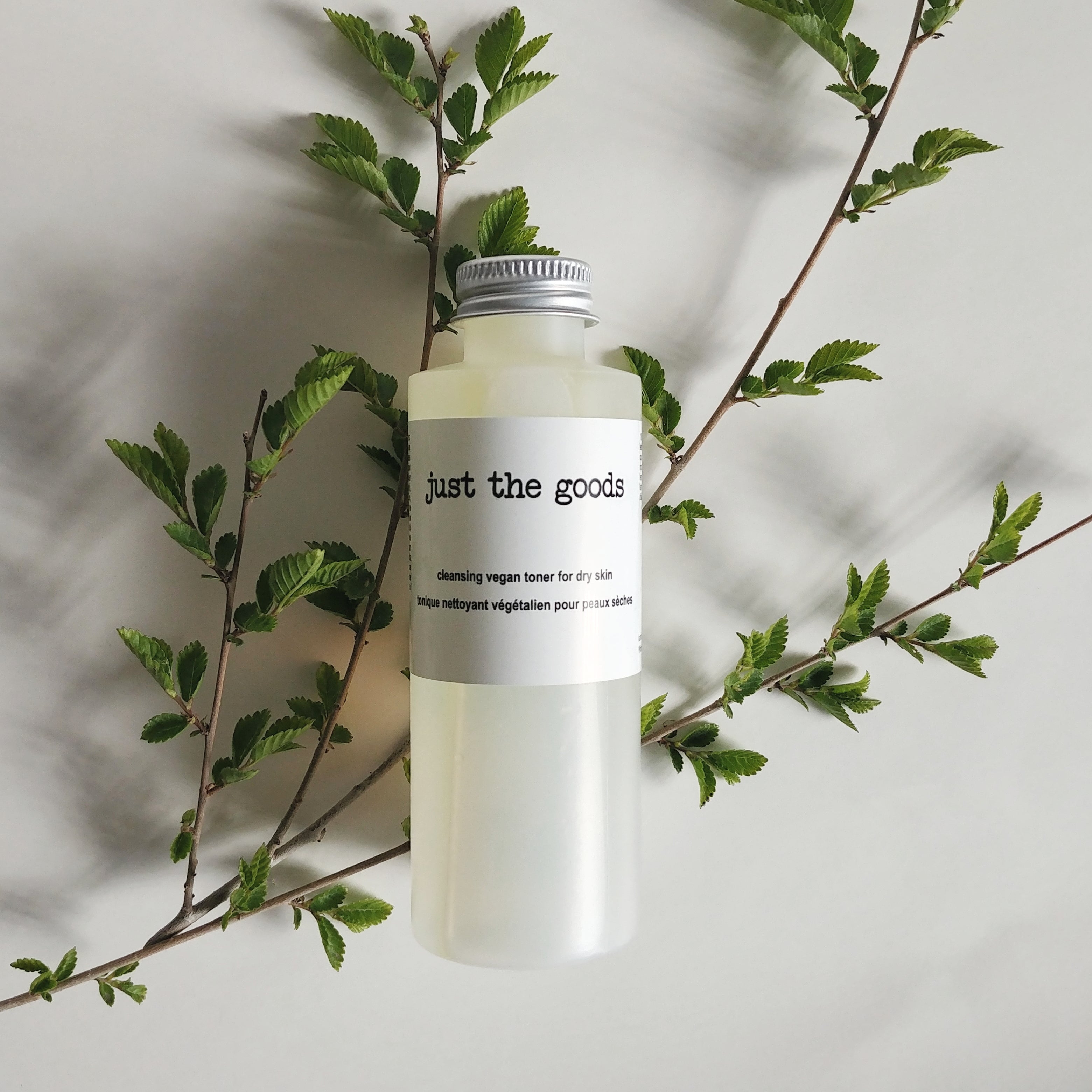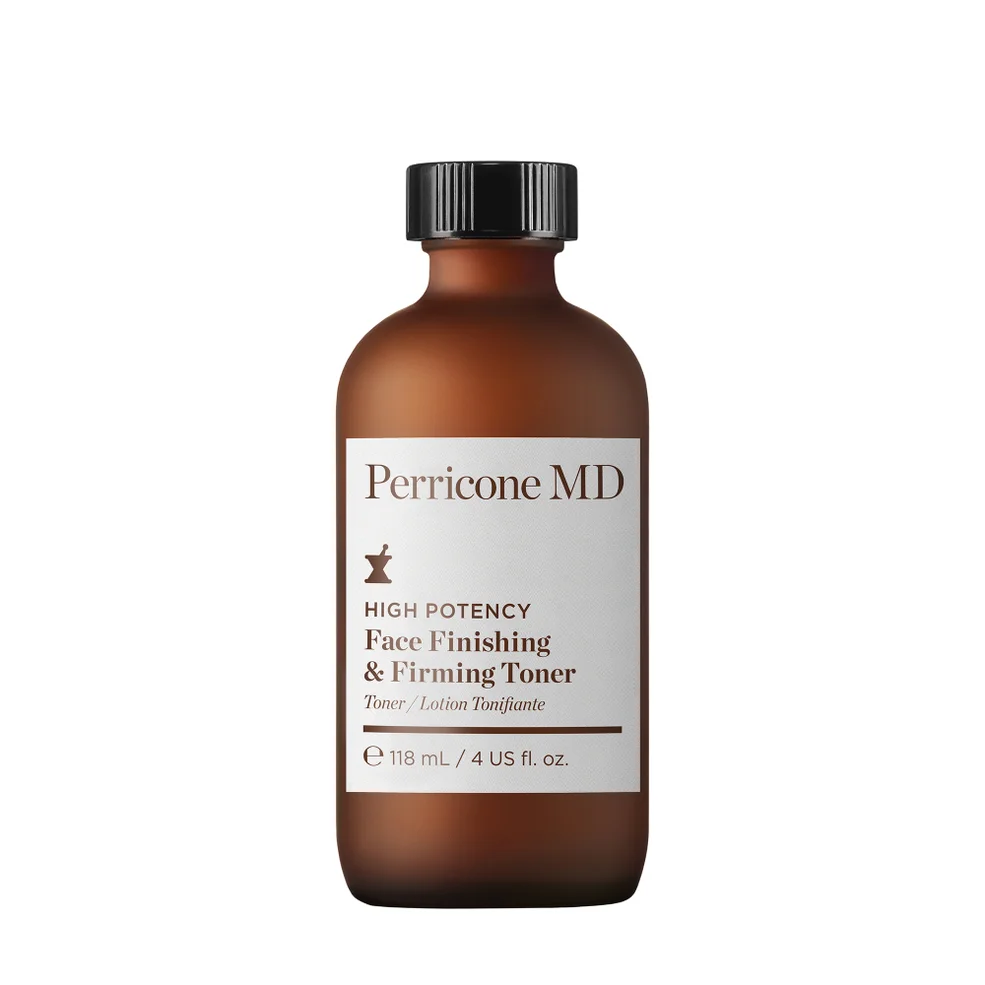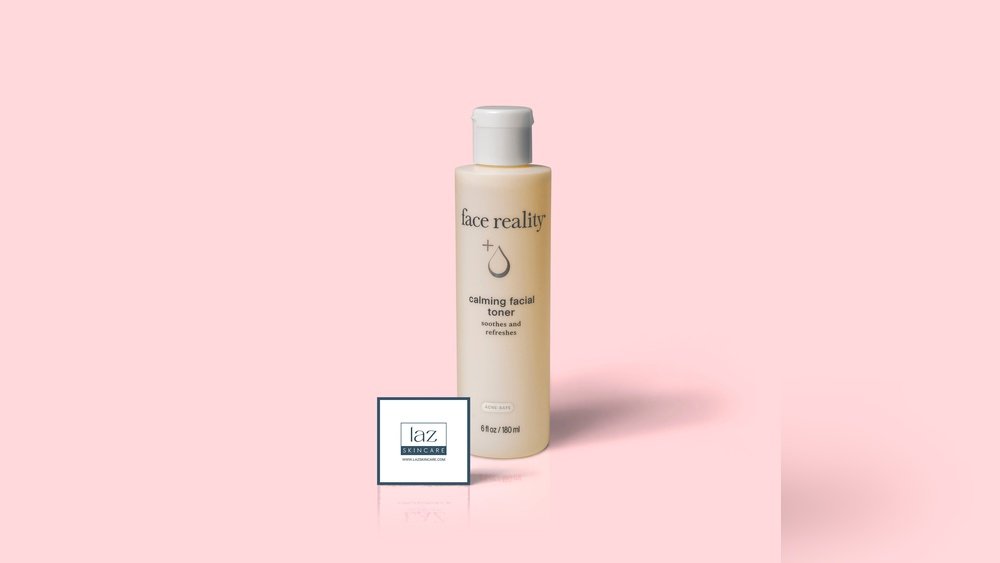Have you ever applied your toner and suddenly felt an uncomfortable sting or burn? You’re not alone, and it’s a question many ask: why does toner sting sometimes?
That sharp sensation can be confusing and even alarming, especially if you expect your skincare routine to soothe and refresh your skin. Understanding what causes this sting can help you avoid irritation and keep your skin healthy. You’ll discover the common ingredients that might be behind the discomfort, how your skin’s condition plays a role, and practical steps you can take to prevent or ease that burning feeling.
Keep reading to learn how to make your toner work for you—without the sting.
Common Irritants In Toners
Toners contain various ingredients that can cause stinging or irritation. Knowing common irritants helps you choose the right product. Some ingredients dry out the skin, while others can cause sensitivity or allergic reactions. Understanding these can prevent discomfort and improve your skincare routine.
Alcohol And Dryness
Many toners include alcohol to help remove oil and dirt. Alcohol can strip the skin’s natural oils. This causes dryness and tightness. Dry skin is more likely to sting when applying toner. High alcohol content often leads to irritation, especially for sensitive skin types.
Acids And Sensitivity
Toners often have acids like glycolic acid or salicylic acid. These acids help exfoliate dead skin cells and clear pores. Strong acids can cause a burning sensation if your skin is sensitive. Using high concentrations or applying too often increases the risk of stinging. Sensitive skin may react more to these active ingredients.
Essential Oils And Reactions
Some toners use essential oils like peppermint or citrus oils for fragrance. These oils can be very strong and irritating. Undiluted essential oils may cause redness or stinging. People with sensitive or allergy-prone skin should be cautious. Essential oils may trigger allergic reactions in some individuals.
Retinoids And Preservatives
Retinoids in toners help with skin renewal but can cause stinging. They may also lead to peeling or redness during initial use. Preservatives like parabens prevent bacteria growth but can irritate some skin types. Both retinoids and preservatives can weaken the skin barrier temporarily. This makes skin more prone to irritation and stinging sensations.

Credit: justthegoods.net
Skin Conditions That Trigger Stinging
Some skin conditions make toner sting more than usual. These conditions affect how your skin reacts to ingredients in the toner. Understanding these triggers helps you avoid discomfort and protect your skin.
Below are common skin issues that can cause stinging when you apply toner.
Compromised Skin Barrier
The skin barrier protects against irritants and keeps moisture in. If this barrier is damaged, skin becomes vulnerable. Toner ingredients can penetrate deeper and cause stinging. Damage can come from harsh products, over-exfoliation, or environmental stress.
Dry And Sensitive Skin
Dry skin lacks natural oils and moisture, increasing sensitivity. Sensitive skin reacts easily to strong ingredients in toner. Stinging happens because the skin is less able to handle these substances. Using gentle, hydrating toners can reduce this reaction.
Open Wounds And Irritations
Applying toner on open cuts or irritated areas causes immediate stinging. The broken skin lets active ingredients enter quickly, leading to discomfort. Avoid using toner on wounds until skin heals fully to prevent pain and further irritation.
How Overuse Affects Skin
Overusing toner can harm your skin and cause stinging sensations. Toners often contain acids and alcohol that exfoliate and cleanse. Using them too much weakens the skin’s barrier. This makes skin dry, red, and sensitive. Stinging can happen because the skin becomes irritated and inflamed. Understanding how overuse affects skin helps you avoid discomfort and damage.
Excessive Exfoliation
Many toners include exfoliating acids like AHAs or BHAs. These remove dead skin cells to reveal fresh skin. Applying these acids too often strips away the skin’s natural oils. The skin loses moisture and becomes fragile. This causes redness and a burning feeling. Over-exfoliation breaks down the protective barrier. Without this barrier, irritants penetrate easily, making the skin sting.
Frequent Product Application
Using toner multiple times a day increases irritation risk. The skin does not get time to heal between applications. Each use may dry out and inflame the skin further. Alcohol-based toners especially cause tightness and discomfort with frequent use. The skin becomes sensitive and stings more easily. Limiting toner use to once or twice daily helps maintain skin health.
When Stinging Signals A Problem
Feeling a sting from your toner is common. Some tingling means the product is working. But sometimes, stinging shows a deeper issue. Knowing when the sting is a warning helps protect your skin.
Ignoring strong stinging can cause damage. Pay attention to how your skin reacts. Your skin may be telling you to stop or change products.
Severe Vs. Mild Reactions
Mild stinging often fades quickly and is not harmful. It can happen with acids or exfoliating ingredients. Severe stinging causes pain, burning, or redness. This type of reaction needs immediate attention. Severe reactions can damage your skin barrier and cause long-term issues.
Allergic Responses
Allergic reactions to toner are possible. Symptoms include itching, swelling, and rash. These reactions can feel like stinging or burning. Allergies happen when your immune system reacts to an ingredient. Common culprits are fragrances, preservatives, and essential oils. Stop using the product right away if you suspect an allergy.
Signs To Stop Using Toner
Stop using toner if stinging lasts more than a few minutes. Look for redness, swelling, or peeling skin. Itching or rash are clear signs to discontinue use. Open wounds or cuts should never be exposed to toner. Persistent discomfort means your skin barrier is weak or damaged. Always listen to your skin’s signals to avoid harm.
Ways To Avoid Toner Discomfort
Toner discomfort can make skincare frustrating. Avoiding this stinging sensation helps keep skin calm and healthy. Simple steps reduce irritation and improve your skincare routine.
Use these tips to protect your skin and enjoy toner benefits without pain or redness.
Patch Testing Methods
Always test new toner on a small skin patch first. Apply a small amount behind your ear or on your wrist. Wait 24 hours to see if irritation or redness appears. This step helps identify allergies or sensitivity early. Avoid applying toner to your whole face before testing.
Choosing Gentle Formulas
Select toners labeled for sensitive skin or alcohol-free. Look for soothing ingredients like aloe vera or chamomile. Avoid products with strong acids or essential oils if your skin is delicate. Mild formulas lower the chance of stinging and dryness. Check ingredient lists carefully before buying.
Moisturizing And Skin Care Tips
Moisturize your skin before and after using toner. Hydrated skin resists irritation better than dry skin. Use a gentle cleanser to avoid stripping natural oils. Avoid over-exfoliating, which weakens your skin barrier. Apply toner gently using a cotton pad or your hands. Let your skin absorb toner fully before adding other products.

Credit: www.perriconemd.com

Credit: mycarekits.com
Frequently Asked Questions
Why Does Toner Sting?
Toner stings due to alcohol, acids (AHAs/BHAs), or essential oils irritating sensitive or damaged skin. Open wounds also cause stinging.
Why Does It Hurt When I Use Toner?
Toner may hurt due to alcohol, acids, or essential oils irritating sensitive or damaged skin. Overuse and open wounds worsen stinging. Stop use if pain persists or worsens.
Why Does Toner Sometimes Sting The Skin?
Toner stings due to ingredients like alcohol, acids (AHAs/BHAs), or essential oils. These can irritate sensitive or damaged skin, causing a stinging sensation. A compromised skin barrier or open wounds may also increase sensitivity to toner ingredients.
Can Alcohol In Toner Cause Stinging?
Yes, many toners contain alcohol, which can strip natural oils from the skin. This leads to dryness and irritation, causing the skin to sting, especially if you have sensitive or dry skin.
Conclusion
Toner stinging happens for many reasons. Ingredients like alcohol and acids can irritate skin. Sensitive or damaged skin feels this sting more. Sometimes, stinging means your skin needs a break. Always listen to your skin’s signals. Stop using toner if irritation stays or worsens.
Try patch testing new products first. Choose gentle toners without harsh chemicals. Keep your skin moisturized to protect its barrier. Understanding why toner stings helps you care for your skin better. Simple steps can keep your skin calm and healthy.
 Skip to content
Skip to content 